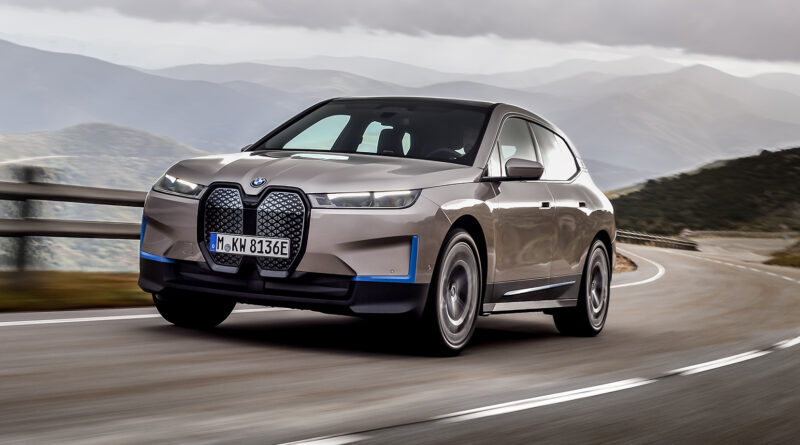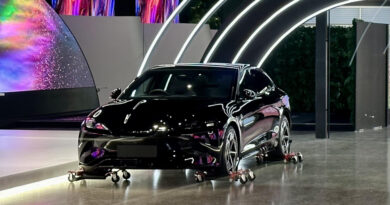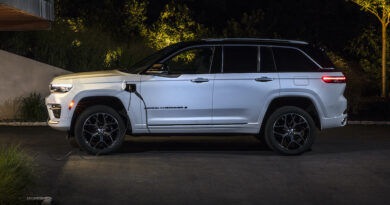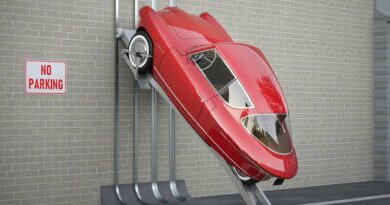Why BMW expects a big sales boost from iX3 and iX electric SUVs
BMW expects a repeat of the ‘i3 effect’ when two new electrified SUVs arrive in its showroom within two months of each other in the second half of 2021.
What effect is that you might ask? The attraction of heaps of first-timers to the brand.
The ground-breaking i3 launched in Australia in 2014 and the vast bulk of buyers of the carbon-fibre chassis electric vehicle were new to the German luxury manufacturer.
It’s taken BMW a long time to follow up on that first foray into BEVs, but the iX3 will finally launch in the third quarter of 2021 and the iX will also be in dealerships next year.
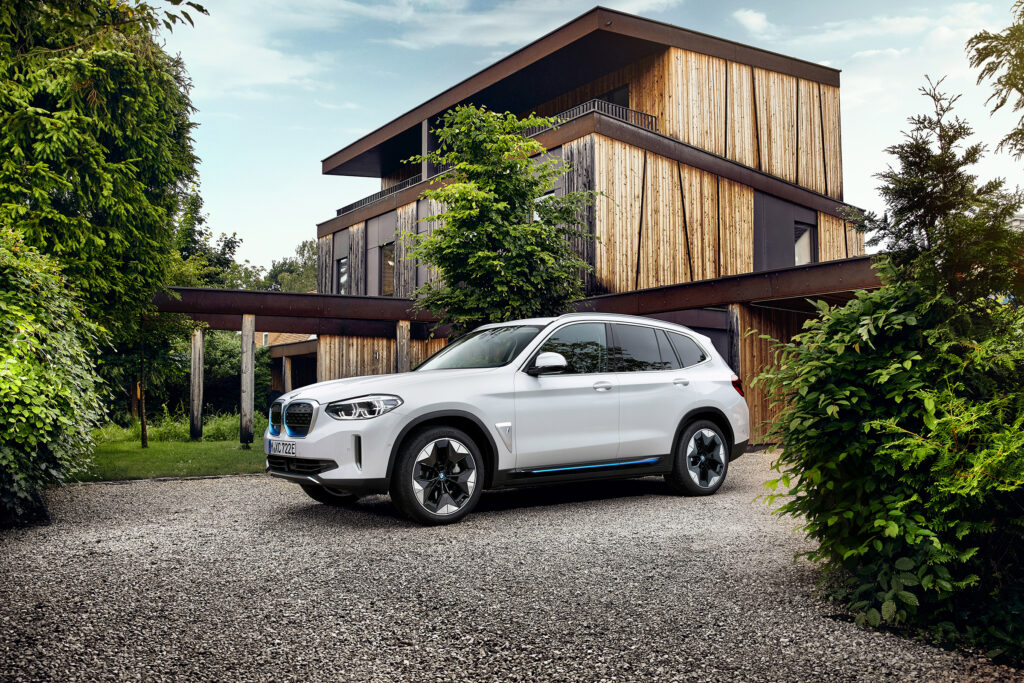
“Eighty per cent of the people who bought the i3 were new to our brand,” BMW Australia product and market planning manager Brendan Michel explained.
“So there are going to be people who buy the iX3 (and iX) and they could be similar percentages who have never even looked at a luxury SUV before.
“So they are buying purely because they want an electric vehicle.
“You are bringing people out of the woodwork who maybe never considered spending that amount of money on a car in their life either.
“But that is what electric mobility is doing at the moment. It is really creating a stir in the market.”
Michel said another appeal for buyers of the iX3 and iX would be the way they drive.
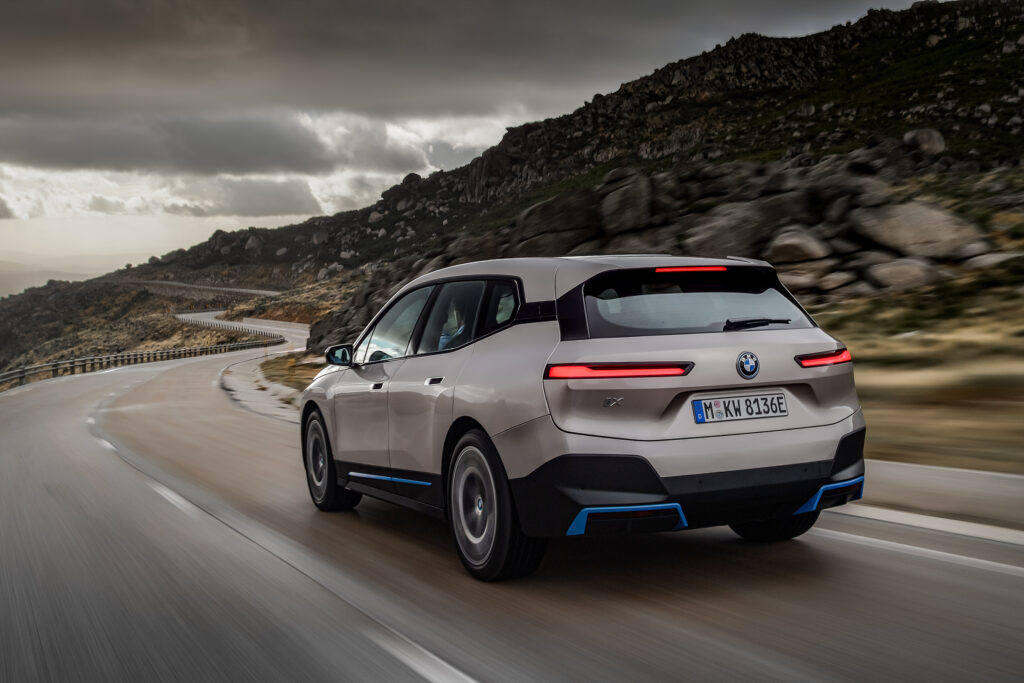
“With these models as well there is also a performance aspect to it and a sporting aspect to our cars as well. People buy BMWs because they know they are going to get a sports car,” he said.
“That sporting aspect will still be able to be retained into our electric vehicles as well.
“Doesn’t matter if we go fully electric or fully green and how we are perceived, our cars will still drive like BMWs.”
The Chinese-built iX3 is an electrified adaptation of the best-selling X3 mid-size SUV range that already includes petrol and diesel models and will also add a plug-in hybrid in Australia in 2021.
The German-built iX is a dedicated EV with no orthodox equivalents in the BMW line-up, but it is roughly the same size as the X5 and X6 large SUVs.
The iX3 comes with a claimed 460km range and can recharge its 70kWh battery at a 150kW DC fast-charger. The iX is next-generation stuff, with a 600km-plus range, a battery pack in excess of 100kWh and a 200kW DC fast-charging rate.
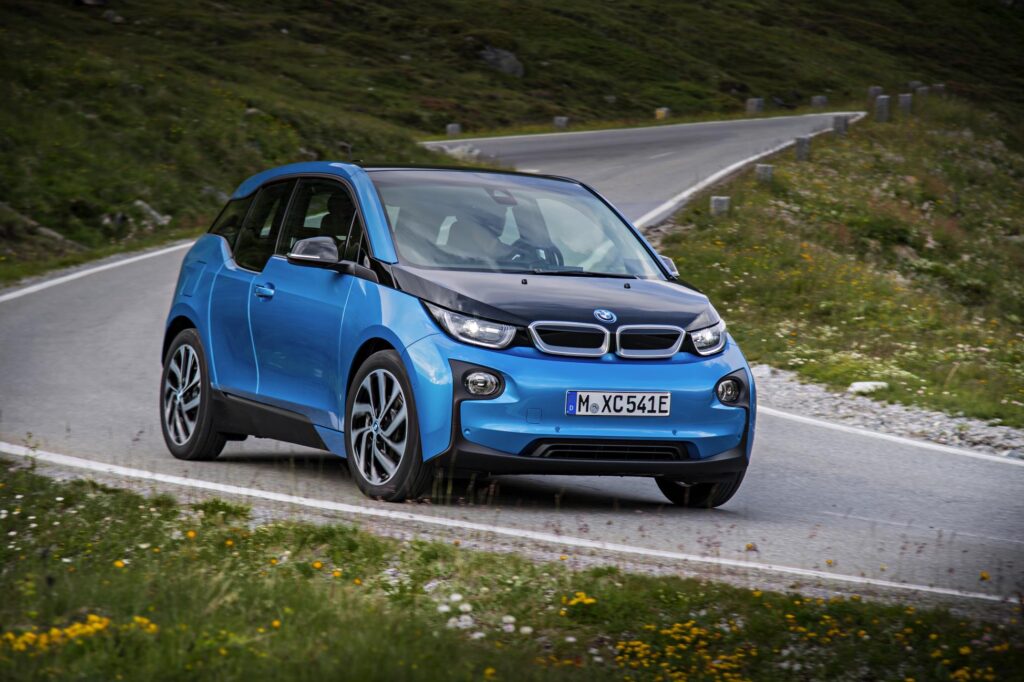
Michel indicated the pricing of both the iX3 and iX could undercut arch-rival Mercedes-Benz’s EQC electrified SUV, which is currently priced at $139,700. That’s despite the X1 actually being larger than the Benz and having a longer range.
The rationale for that is fitting the two models into the pricing structure of the orthodox X3 and X5 ranges.
Michel suggested the $119,900 turbo-petrol M40i version of the X3 as a guide to the pricing for the iX3.
“It will be priced very well in its segment,” he promised. “Should it be more than an M40i? Maybe not.”
The iX looks like it will sit adjacent to the X5 range somewhere near the $133,900 45e PHEV
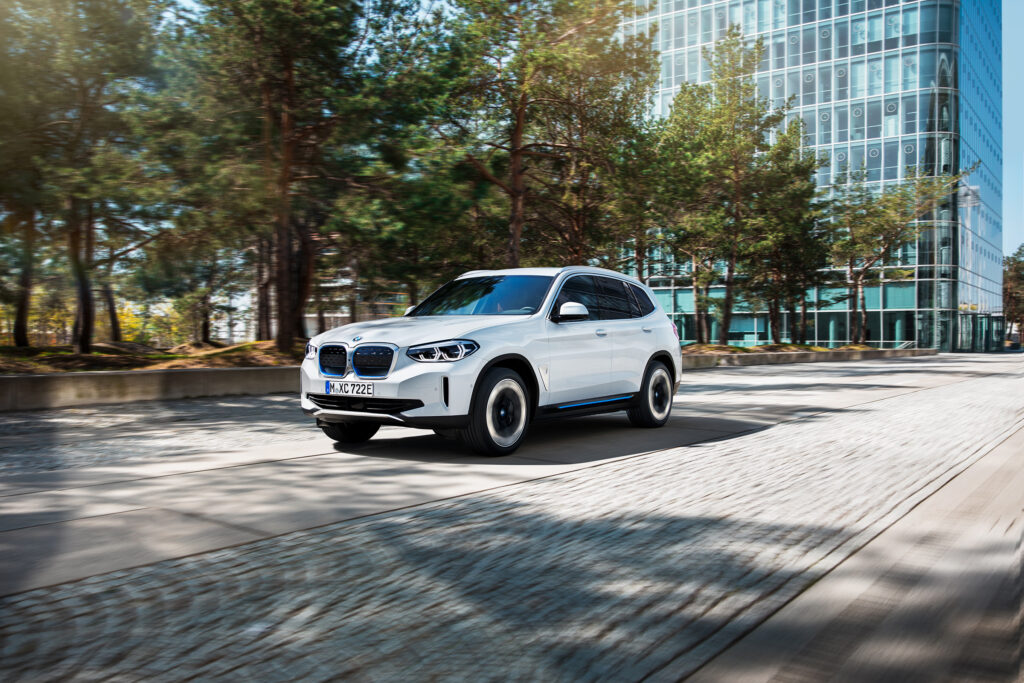
“Should the iX be priced $50,000 more than an X5 equivalent? No it shouldn’t be,” Michel said. “iX will be maybe similar to X45e pricing.”
Despite launching two electrified and similarly-named SUVs so close together, Michel said BMW Australia was confident potential buyers would be able to understand the differences.
“It’s price and size, it’s just like X3 and X5,” he said. “If you want a mid-size electric SUV you get the iX3 and if you want to pay a little more and get something a bit bigger than you can get the iX, which is a cross between the X5 and the X6 in physical size.”

